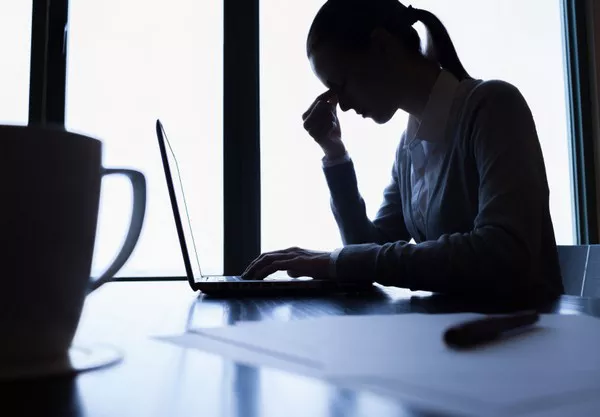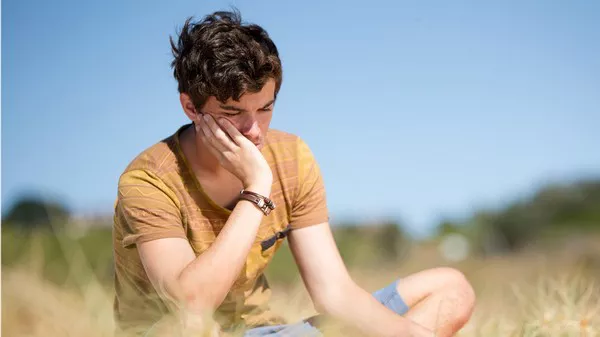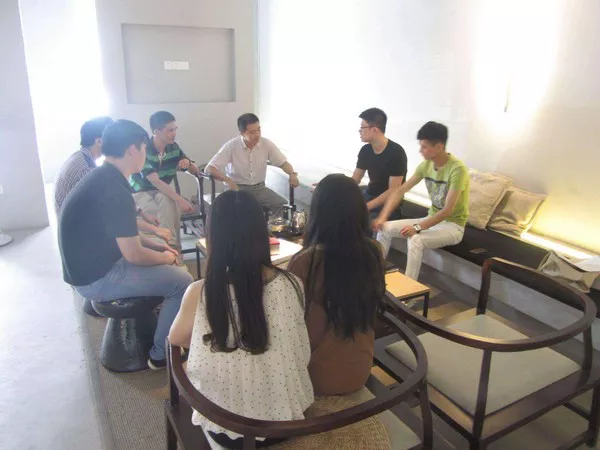The World Health Organization’s Global Sleep Report reveals a disturbing trend: average sleep duration has decreased to just 6.3 hours nightly, with 43% of adults worldwide now meeting criteria for chronic sleep deprivation. This isn’t just about fatigue – neuroscientists have uncovered direct links between sleep loss and surging rates of anxiety, depression, and even psychotic symptoms. Harvard’s Sleep Medicine Division has identified a phenomenon they call “sleep-starved brain syndrome,” where prolonged inadequate sleep leads to permanent changes in amygdala reactivity and prefrontal cortex function.
The mental health consequences are particularly severe for adolescents. A multi-national study tracking 50,000 teens found that those averaging less than 7 hours of sleep were 3.2 times more likely to develop depression and 4.1 times more likely to experience suicidal ideation. Dr. Rebecca Robbins, lead author of the study, warns: “We’re seeing an entire generation growing up with neurologically altered stress responses because their brains never get the nightly reset they require.”
The causes are multifaceted:
- Blue light exposure delaying melatonin production
- “Always-on” work cultures spanning time zones
- Economic pressures forcing multiple jobs
- Anxiety-induced insomnia creating vicious cycles
Corporate America is taking notice. Several Fortune 500 companies have implemented “sleep leadership training” for managers, while others are experimenting with nap pods and flexible scheduling aligned with circadian rhythms. Some progressive firms are even offering “sleep bonuses” – financial incentives for employees who maintain healthy sleep patterns verified by wearables.
The most promising development comes from Stanford’s Sleep Innovation Lab, where researchers have developed a non-invasive brain stimulation device that can compress the sleep cycle. Early adopters report achieving restorative sleep in just 4-5 hours, though long-term studies are still pending. As the sleep crisis worsens, expect to see more radical interventions – and increasing recognition that sleep deprivation isn’t just a personal failing, but a public health emergency with profound mental health consequences.
Related topics:
















